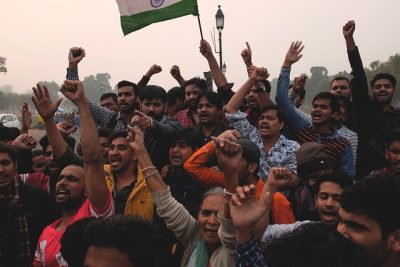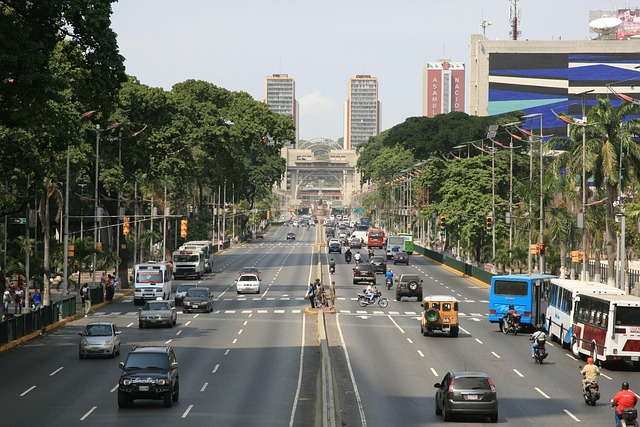 I see few natural leaders in Sweden, either in politics or business. My definition of a leader includes both practical leadership qualities as well as charisma, eloquence and some education. Most people in a leadership position resemble quota-based class presidents. They don’t really belong in their role, either intellectually or practically.
I see few natural leaders in Sweden, either in politics or business. My definition of a leader includes both practical leadership qualities as well as charisma, eloquence and some education. Most people in a leadership position resemble quota-based class presidents. They don’t really belong in their role, either intellectually or practically.
Jimmie Åkesson, whatever you think of his politics, is probably one of the few examples of a real leader. He has struggled for decades and doesn’t give up, he speaks simply and easily understandable and reaches out to people. Greta Thunberg is also a name that comes up, and even though many say that she lacks charisma, a message and her own agenda, she appears to be some kind of leader. Another example is Klarna CEO Sebastian Siemiatkowski, who is charming and has some natural leadership qualities, or venture capitalist Christer Gardell. To name a few, but as I said, it’s not easy to find people who can point with their whole hand, get things done, and get people on board. We lack a Palme, Bohman, Gyllenhammar or Kamprad.
Natural leadership has often been replaced by compromising figures and administrators. The real leaders are invisible; they may not want to stick their necks out or they may not even exist? A country without real leaders may seem strange, but it is probably not a technical impossibility.
A cadre of faceless bureaucrats can run a country, as each one does their little job, and together they mechanically create bills and decrees. Kind of like the employees at McDonald’s, none of them are really trained chefs, but they are given precise directives on how long a burger should be cooked on each side, and how long the fries should be submerged in the oil, and at what temperature, etc.
And if everyone follows their precise little directives, the machine works. The downside of this model is that the individual employees don’t really know what they are doing, they can only do their little part; they may not see the whole picture. And nobody has to take responsibility.
So when a country with this kind of weak leadership is approached by more hardline and assertive types, things can of course go really badly. Weak leaders are not very good at dealing with harsh words, threats or violence.
Now we have the so-called gangs that are slowly taking over cities and regions, feeding on illegal activities, and they don’t shy away from attacking the police to mark their status. Stabbings and explosions have also increased in recent years.
Gang is a bad name for this type of clan-based organised crime. Mafia or cartels might be more appropriate, it is really about challenging the state’s monopoly on violence in order to take over the reigns of power.
The media’s reporting also follows the weak government’s line, not wanting to upset people’s emotions or report on worrying things. It is important to appear soft and calm, not to kick up too much dust, and this applies to all areas of life. You don’t want to play hardball, get your hands dirty or have to make difficult decisions.
Soft governance is ultimately very dangerous because it can allow irregularities to continue for a long time before the problems are finally addressed. And by then it may be too late. The soft regime prefers to be occupied and dominated, rather than having to confront phenomena that it considers unpleasant.
That’s why softies can treat other softies very harshly and uncompromisingly, knowing that softies will bend and obey in the end. On the other hand, they do not dare to deal with the toughs, because they are dangerous and may use violence; instead, the toughs are given more rights and looser rules than the soft people. Real leadership and power does not have to bow to weaklings. It is in the nature of things. The thin veneer of civilisation cannot be maintained by wimps.







